Türkiye should swiftly minimize its external dependency, particularly on energy, to address the chronic current account deficit problem, a senior official said Tuesday.
The shortfall in the broadest measure of trade in goods and services has been one of the most persistent challenges throughout Türkiye’s history, Vice President Cevdet Yılmaz told an event in the capital Ankara.
“The solution is evident,” Yılmaz said. “We need to reduce our dependency in critical areas, particularly energy and increase domestic production. Otherwise, the current account deficit will continue to impede sustainable development,” he said.
To overcome this constraint, he stressed the necessity of transitioning from the prior reliance on imports to domestic production, while simultaneously focusing on increasing exports.
Tourism is also a critical source for Türkiye as the government focuses on reducing the current account deficit to tackle stubborn inflation.
The current account in June registered a surplus for the first time in almost two years, driven partly by robust tourism and lower energy bills.
The balance swung from a $7.84 billion (TL 209.8 billion) deficit in May to a surplus of $674 million in June, according to the central bank data. It marked the first surplus since October 2021.
The rolling 12-month gap stood at $56.5 billion as of June. Treasury and Finance Minister Mehmet Şimşek on Saturday said the shortfall is expected to shrink to around $40 billion in December due to a slowdown in consumer loan growth and a sharp rise in tourism revenues.
In 2022, Türkiye’s current account deficit was at nearly $48.77 billion.
Yılmaz said the imminent medium-term program, due to be shared with the public in September, will underscore Türkiye’s commitment to reducing external dependencies, enhancing domestic production, maintaining a trajectory of investment based on domestic savings and positioning the nation as a prosperous global country.
This vision encompasses various sectors, and Yılmaz highlighted key industries such as defense and health care, where he noted the critical role of public-private collaboration.
“Energy is also, of course, very, very critical,” the vice president said.
“In the coming period, we need to take very important initiatives depending on the changing conditions in energy, technologies and global developments such as climate change and green initiatives.”
Yılmaz’s remarks during an opening ceremony of an energy storage technology battery cell factory on Tuesday highlighted the pivotal role of public support in bringing such technology and projects to life, especially due to the inherent risks and costs.
He emphasized the critical importance of constructing a robust economic and technological framework in the 21st century. Beyond sheer production, Yılmaz highlighted the importance of high-value-added output and the creation of a knowledge and technology-based economy.
He revealed that ongoing projects under the government’s technology-oriented industrial program are anticipated to lead to a reduction of $7 billion in the current account deficit upon completion.
“As we strengthen this pool with new projects, we will also move the current account deficit problem to a very different place,” Yılmaz said.


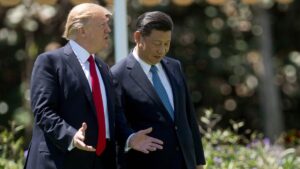
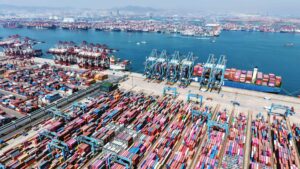
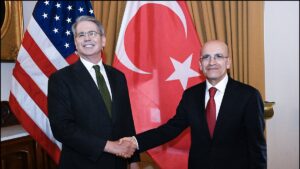



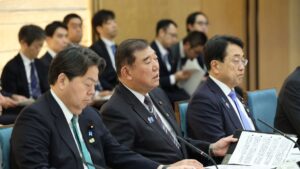























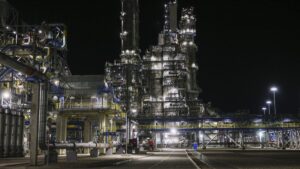






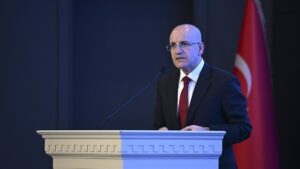







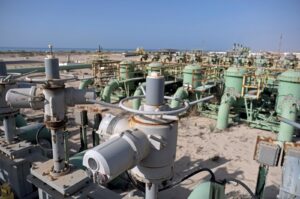
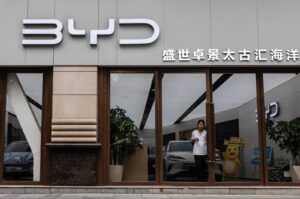
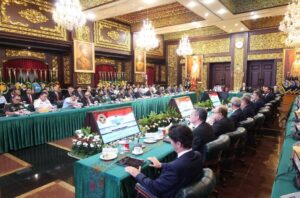


Be First to Comment